
Four Types of Russian Product Certifications
When considering exporting products to Russia, ensuring compliance with Russian certification requirements is essential. As a key global market, Russia imposes strict and detailed certification requirements for imported products. All products must undergo appropriate certification procedures to ensure their legality and competitiveness in the Russian market.
This article introduces the key certifications required for entering the Russian market, including EAC Certification, GOST-R Certification, PAC Metrology Certification, and Medical Device Registration Certification, helping you understand and prepare to successfully promote your products in this important market.
Eurasian Economic Union EAC Certification
EAC Certification (also known as CU-TR Certification) refers to the Eurasian Economic Union certification, covering member states such as Russia, Kazakhstan, Belarus, Armenia, and Kyrgyzstan. EAC Certification is a critical market entry requirement, ensuring products meet unified quality and safety standards applicable to various products and equipment.
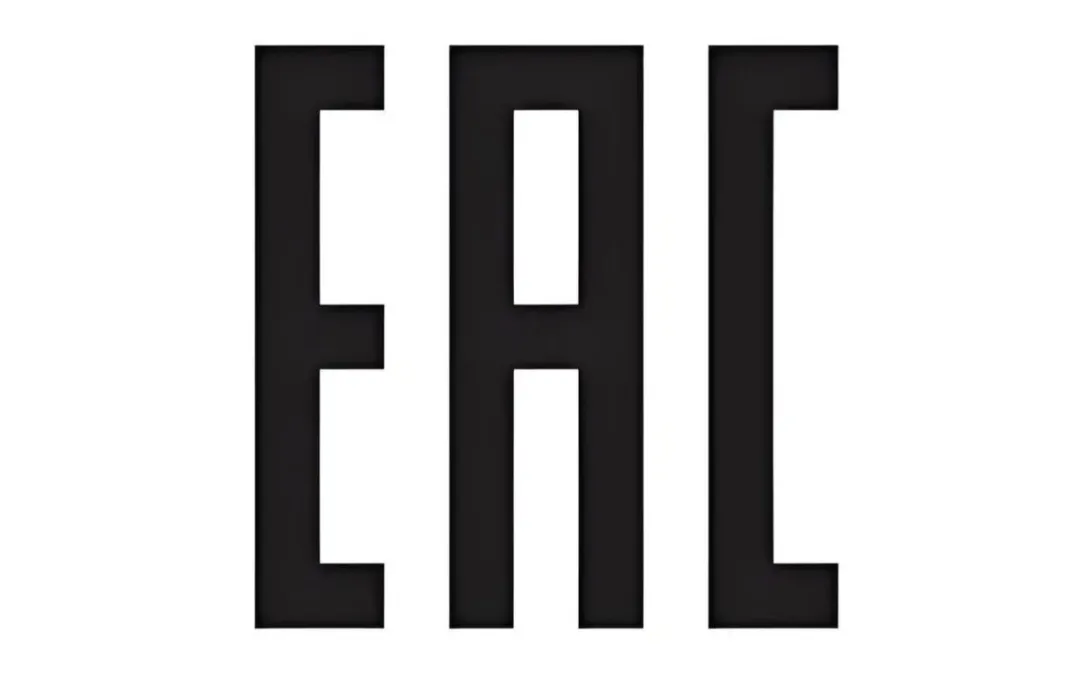
Certification Modes
TR technical regulations offer two certification schemes:
1. Certificate of Conformity (CoC): Issued by certification bodies and involves auditing the production quality system (factory inspection).
2. Declaration of Conformity (DoC): Certification bodies review the documents, and the applicant signs the declaration (now revised to require applicant registration).
Notes:
- Certification bodies refer to agencies in EAEU member states. Certificates issued by any member state are mutually recognized.
- Both CoC and DoC certificates can be verified on the EAEU website.
- By regulation, the certificate holder (applicant) must be a legal entity within the EAEU (Chinese JJR Labs can provide applicant services).
Certificate Types
1. Single Batch Certificate: Applies to one order, requiring a supply contract and invoice (packing list) signed with an EAEU country. Valid for up to 5 years.
2. 1-Year, 3-Year, 5-Year Certificates: Allow multiple exports during the validity period without contract quantity limits.
Certification Process
1. Fill out the application form, confirming product name, model, customs code, etc.
2. Determine the certification type based on product information and customs code.
3. Prepare technical documentation, including safety evidence and technical passport.
4. Arrange sample testing or factory system audit (if required).
5. Submit documentation to the certification body.
Russian GOST-R Certification
GOST-R Certification (short for “State Standard of Russia”) is a national standard certification equivalent to ISO9000 in other countries. It is crucial for manufacturers exporting to Russia or operating in the Russian market.
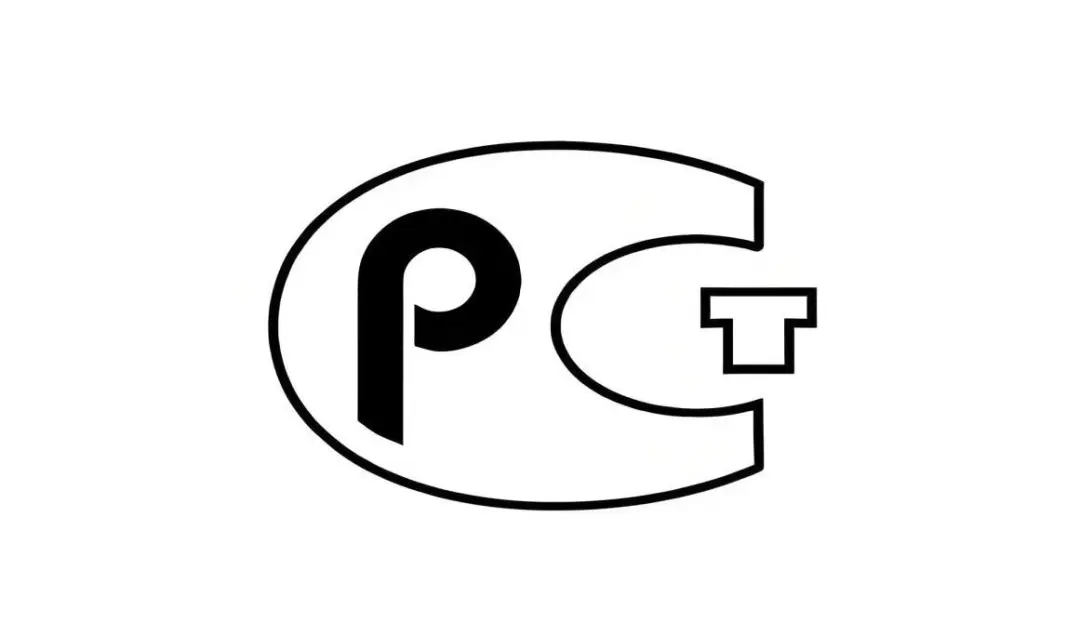
Certificate Types
Per Article 20 of the Russian “Federal Law on Technical Regulation,” product quality and safety compliance fall into two categories: mandatory and voluntary. Mandatory certificates are divided into:
1. GOST-R Certificate of Conformity (Сертификат соответствия ГОСТ-Р): Available for single-batch certification or 1-year and 3-year terms.
2. Declaration of Conformity (Декларация соответствия): Terms include single-batch, 1-year, and 3-year certifications.
Single Batch Certificate:
This type is suitable for manufacturers exporting only one batch of products to Russia. It does not require samples, only document submission. It is cost-effective but limited to specific customers and quantities.
Serial Production Certificate:
This is ideal for most manufacturers. Once factory inspections are passed, products can be sold in Russia. Certificate validity varies by regulation, typically 1-year or 3-year terms.
Certification Process
1. Apply for GOST-R Certification.
2. Submit an application to the certification body.
3. Determine the certification term and category based on the product.
4. Collect samples and conduct testing.
5. Submit documentation and address any corrective measures.
6. Factory inspections (required for certain product categories).
7. Analyze results and make a decision.
8. Issue the GOST-R certificate.
Russian PAC Metrology Certification
The Russian metrology certificate, also known as the Russian Pattern Approval Certificate (PAC certificate), is a mandatory license issued by the Federal Agency on Technical Regulation and Metrology of the Russian Federation. It certifies that measuring devices or tools fully comply with Russian metrology requirements. All measuring devices, tools, and instruments used in the state-regulated field of measurement must obtain this certificate.
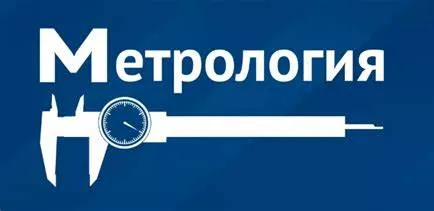
Certificate Validity
The validity period of the Russian PAC certificate is 5 years.
Certification Process
1. The applicant submits a certification request.
2. The certification mode and implementation requirements are determined based on the applicant's product.
3. The applicant provides detailed product documentation.
4. The certification mode is confirmed: either sample testing or factory inspection:
- For sample testing, the applicant prepares and ships samples to a laboratory designated by the Federal Agency on Technical Regulation and Metrology in Russia.
- For factory inspection, Chinese JJR Labs can arrange for Russian experts to visit China to conduct factory audits, coordinate on-site activities, and provide translation services.
5. Certification documents are reviewed and supplemented as needed.
6. The certificate is issued and registered.
Required Documents
Document Checklist for Russian PAC Certification:
1. Company information (accurate company name, address, and contact details in both Chinese and English; if the registered address and production site differ, provide detailed explanations for both).
2. Company qualifications (business license, organization code certificate, tax registration certificate).
3. ISO 9001 quality management system certificate (valid).
4. Product information (accurate product name in Chinese, English, and Russian; model; customs code).
5. Product manual (in Russian).
6. Product photos.
7. Product drawings (mechanical, electrical, etc.).
8. Metrology test reports issued by a domestic ISO 17025-accredited third-party laboratory.
9. Internal testing records or reports.
10. Internal test equipment calibration records and reports.
11. Other international certification certificates (e.g., EU CE, US UL).
Russian Medical DeviCE certification
The Ministry of Health and Social Development of the Russian Federation is responsible for registering medical devices, tools, and materials in Russia. Any medical product used in Russia must have a medical device registration certificate. Registration involves a standardized testing and evaluation process to confirm the product's quality, efficiency, and safety. Additionally, the medical device registration certificate is the basis for obtaining a GOST-R certificate. Without this certificate, it is impossible to apply for a GOST-R certificate for medical devices.
Product Scope
Any medical product (including Class 1, Class 2, and Class 3 medical devices) must be registered to be imported or sold in Russia.
Certification Process
1. Prepare technical documents.
2. Notarize documents.
3. Evaluate technical documents.
4. Arrange sample testing.
5. Review, evaluate, and supplement documents as needed.
6. Submit an application to the Russian Ministry of Health and obtain acceptance.
7. Russian Ministry of Health experts evaluate and review the documents (Phase 1).
8. Conduct clinical trials (depending on the product).
9. Russian Ministry of Health experts evaluate and review documents (Phase 2).
10. Obtain the Russian medical device registration certificate.
11. Russian certification experts review and evaluate documents.
12. Obtain the Russian GOST-R (DoC) certificate.
Email:hello@jjrlab.com
Write your message here and send it to us
 Toy Toxicology Testing CA
Toy Toxicology Testing CA
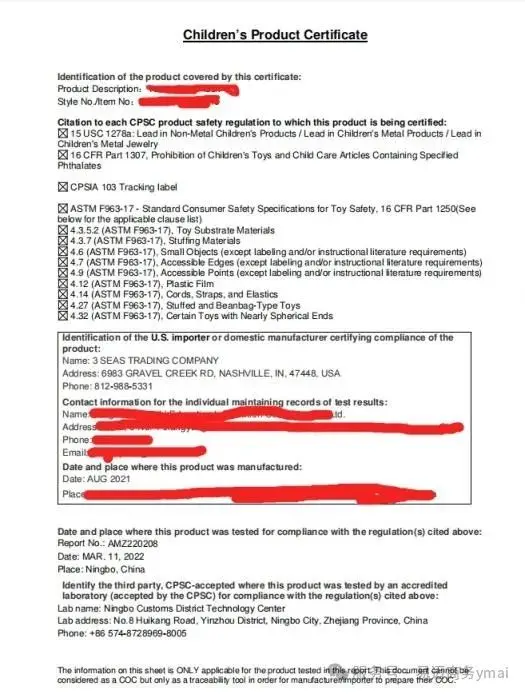 CPSIA Compliance for Children's Products
CPSIA Compliance for Children's Products
 Food Contact Items Testing
Food Contact Items Testing
 Energy Star Testing Laboratory
Energy Star Testing Laboratory
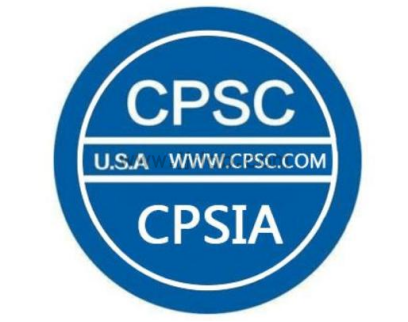 Do I Need to Test Every Color for CPSIA Compliance
Do I Need to Test Every Color for CPSIA Compliance
 Accredited Medical Device Testing Lab
Accredited Medical Device Testing Lab
 Safety Testing for Baby Wrap
Safety Testing for Baby Wrap
 United States Electrical Plug Certification
United States Electrical Plug Certification
Leave us a message
24-hour online customer service at any time to respond, so that you worry!




